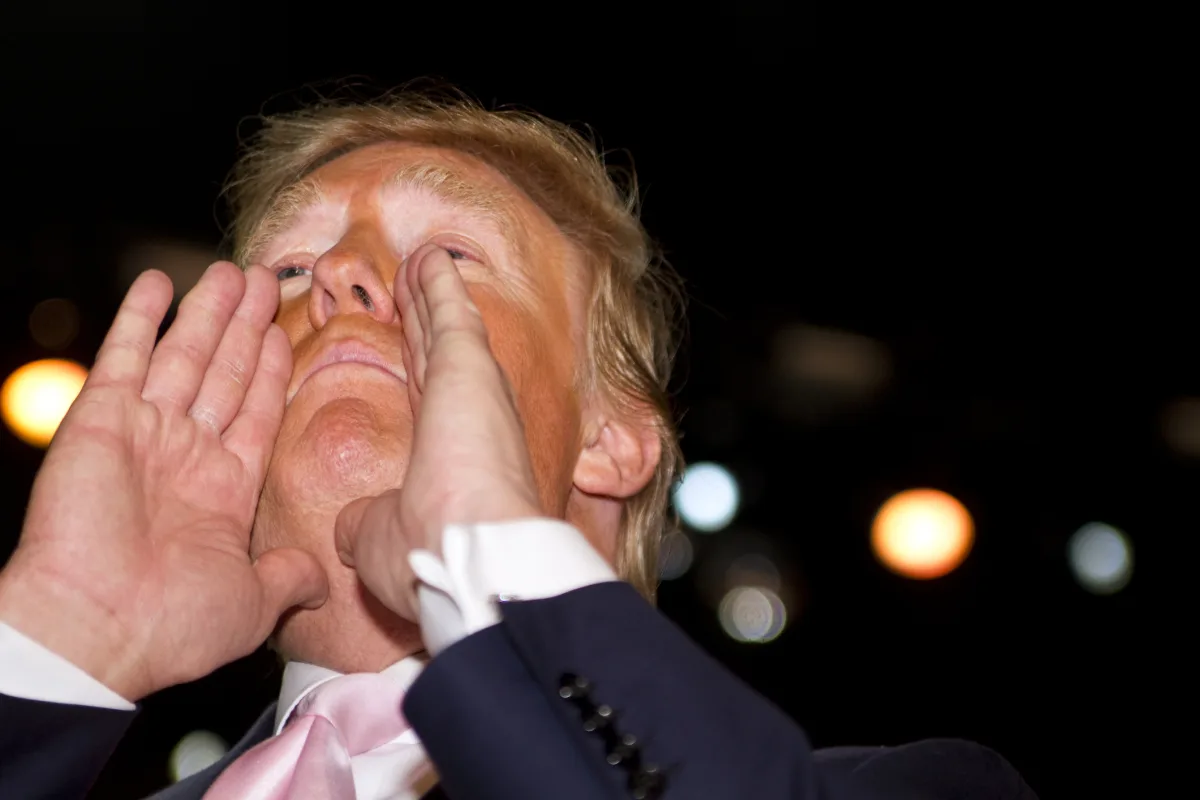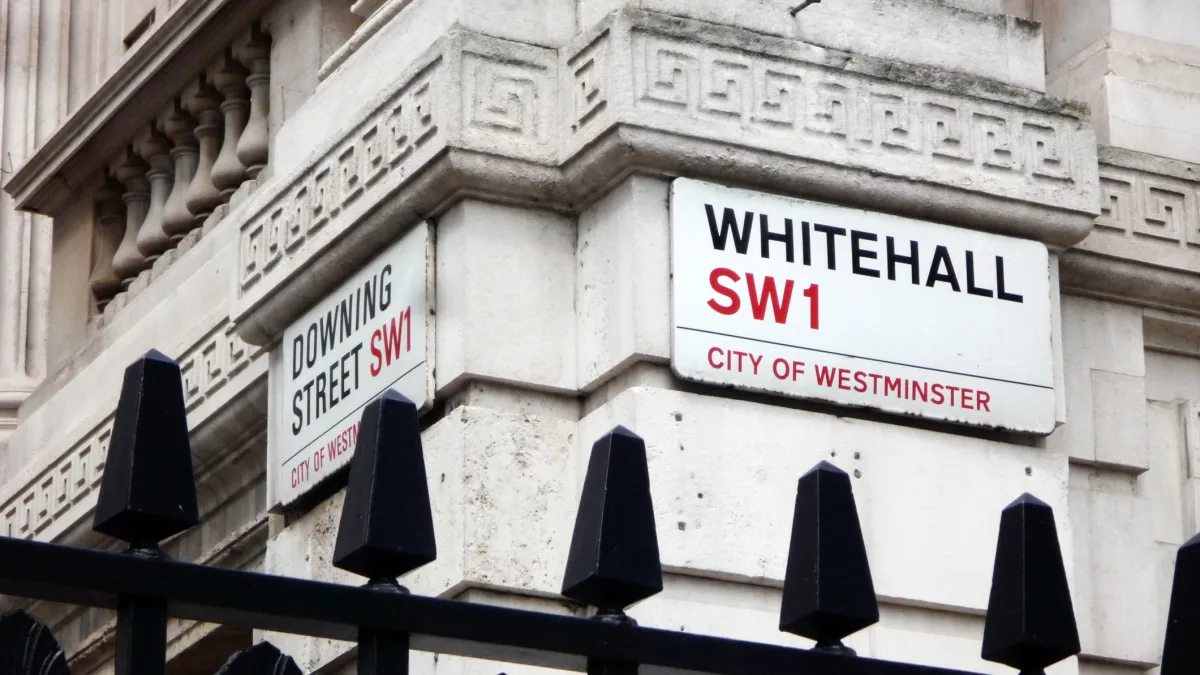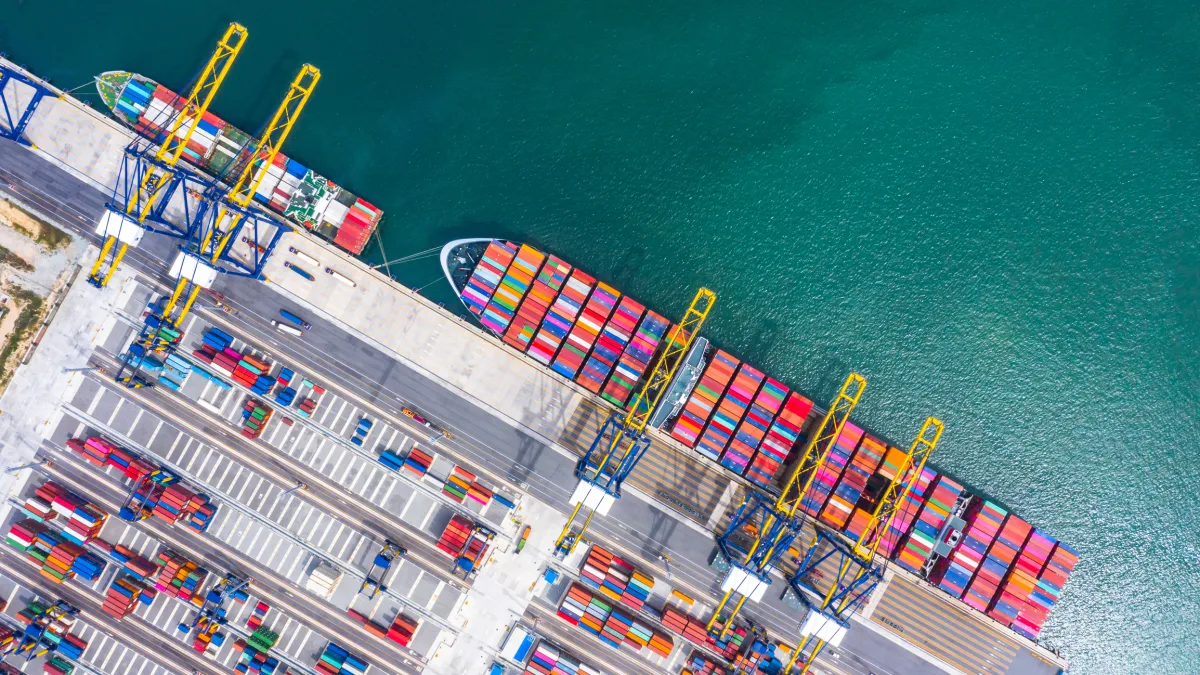When European Commission President Ursula von der Leyen emerged from Donald Trump’s golf resort in Scotland on July 27, she was beaming. She had just agreed to a trade deal that would subject European goods to a 15 per cent tariff, whilst committing the bloc to purchase 750 billion US dollars worth of American energy and invest 600 billion US dollars in the United States.
Trump, predictably, called it the “biggest deal ever made”. Both leaders were smiling, but only one had reason to.
This agreement represents not a trade deal but a protection racket—and Europe has just agreed to pay up. It is difficult to recall a more lopsided arrangement between supposed allies. Where once trade agreements sought to reduce barriers and expand commerce, this one raises walls and restricts it. The deal violates every principle of free trade that has underpinned Western prosperity since 1945, whilst delivering precious little to either party beyond temporary political cover.
Shakedown
European exports to America faced an average tariff of just 1.5 per cent at the end of 2024. They now face 15 per cent—a tenfold increase that will make European goods dramatically more expensive for American consumers. Meanwhile, American exports to Europe continue to enjoy preferential treatment. This is not reciprocity; it is extortion dressed up as diplomacy.
The EU has essentially agreed to become a tributary. Beyond the tariffs, Brussels has committed to purchasing three-quarters of a trillion US dollars in American energy—regardless of price competitiveness—and to invest 600 billion US dollars in the United States over the next four years. These commitments amount to economic vassalage, with Europe agreeing to subsidise American industry at the expense of its own competitiveness.
Even European leaders struggled to disguise their humiliation. French Prime Minister François Bayrou called it “a dark day” and warned of “submission”. German Chancellor Friedrich Merz said the deal would cause “significant” damage to the German economy. Hungarian Prime Minister Viktor Orbán compared it to a heavyweight boxer fighting a featherweight. When even Viktor Orbán thinks you’ve been outmanoeuvred by an American president, something has gone terribly wrong.
Why America loses too
Yet this pyrrhic victory will ultimately damage American interests as well. Tariffs are taxes, and American consumers will bear much of the burden through higher prices.
More fundamentally, America is undermining the very system that made it prosperous. For decades, Washington championed free trade as both economically beneficial and strategically wise. By forcing allies to pay tribute, America risks turning partners into competitors and encouraging them to seek alternatives. The EU is already exploring deeper trade relationships with other partners, whilst countries like the UK now enjoy a relative tariff advantage over EU goods in American markets.
The deal also sets a dangerous precedent for American relations with other trading partners. If the world’s most important alliance can be reduced to this sort of economic coercion, what hope is there for more constructive relationships with emerging economies?
America’s soft power—long its greatest strategic asset—is being squandered for short-term political gains.
Europe’s strategic blunder
For Europe, the damage is more immediate and severe. The EU has demonstrated that it can be bullied into submission by threats and deadlines. Trump’s strategy was hardly subtle: threaten 30 per cent tariffs with an artificial deadline, then graciously accept 15 per cent. Brussels fell for this negotiating tactic despite having prepared retaliatory measures worth 90 billion euros that could have inflicted real pain on American exporters.
The capitulation is particularly mystifying given Europe’s economic strength. The EU’s GDP by purchasing power parity stands at 27.8 trillion US dollars, compared to America’s 29.2 trillion US dollars—hardly the sort of disparity that justifies such one-sided concessions. Europe commands the world’s largest single market and remains America’s biggest trading partner, yet it negotiated as if from a position of abject weakness.
European officials justified their surrender by citing security concerns, arguing that the continent cannot afford to antagonise America whilst Russia wages war in Ukraine. This reasoning is precisely backwards. Appeasing economic aggression from allies is unlikely to deter military aggression from enemies. If anything, it signals that Europe can be coerced when pressure is applied.
A lose-lose outcome
The tragedy is that both sides could have done better. Europe needed access to American markets, whilst America required allies in an increasingly complex global economy. A genuine free-trade agreement—eliminating barriers entirely on both sides—would have boosted growth, reduced prices, and strengthened the transatlantic alliance.
Instead, both have chosen managed decline. American consumers will pay more for European goods they want, whilst European producers will lose market share they need. Economic modelling suggests global exports to America could drop by 46 per cent by 2027, whilst America’s retaliatory tariffs encourage other countries to trade more with each other and less with the United States.
The deal also creates perverse incentives for European policy. Rather than competing on quality and innovation, European companies now have an excuse to focus on protected domestic markets. Rather than deepening integration with the world’s most dynamic economy, Europe is being encouraged to look inward—precisely the sort of thinking that led to decades of economic stagnation in the 1970s.
The price of weakness
History will likely judge this agreement as the moment when the liberal international order—built painstakingly over seven decades—began its serious decline. Trade wars beget trade wars, and economic nationalism breeds economic nationalism. Europe’s submission today makes similar capitulations more likely tomorrow.
The most damning indictment is that few on either side are celebrating. When a deal satisfies no one except the politicians who negotiated it, it is usually a sign that something has gone badly wrong. Europe has traded its economic sovereignty for temporary respite, whilst America has traded its soft power for short-term political theatre.
Both sides may have avoided the immediate pain of a trade war, but they have chosen a path towards long-term economic and political decline.
In golf, they call it a bogey. In geopolitics, it’s called strategic incompetence.
Photo: Dreamstime.







